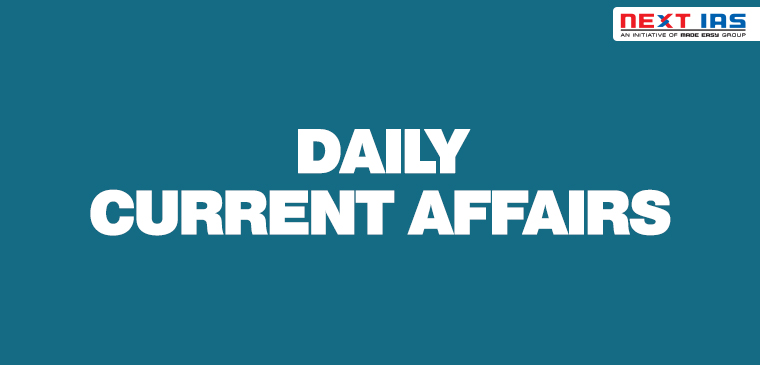
In News
Recently, the latest round of meetings among the Organization of the Petroleum Exporting Countries Plus (OPEC+) group of oil-exporting countries has stalled.
Background
- In April 2020, the OPEC+ group of countries entered into a two-year agreement, which entailed steep cuts in crude production to deal with a sharp fall in the price of oil as a result of the Covid-19 pandemic.
- The price of Brent crude hit an 18-year low of under USD 20 per barrel in April 2020 as economic activity around the world crashed as countries dealt with the pandemic.
- The initial production cut by OPEC+ was about 10 million barrels per day or about 22 per cent of the reference production of OPEC+ nations.
- However, in November 2020, the price of Brent crude started climbing consistently and has, now, risen to USD 76.5 per barrel, up from about USD 40 per barrel at the end of October, after the steady rollout of vaccination programmes around the world.
- Still, OPEC+ maintained lower levels of production despite crude oil prices reaching pre-Covid levels, with Saudi Arabia, notably, announcing a further cut in production of 1 million barrels per day for the February-to-April period, which helped boost rising prices even further.
- Reactions
- Due to this, the OPEC+ has been criticised by developing economies, including India, for deliberately maintaining low supply levels to raise prices.
- India held that the high price was slowing down the economic recovery of developing economies post the pandemic.
- In April 2021, OPEC+ agreed to gradually increase crude production as prices reached USD 64.5 per barrel including a phased end to Saudi Arabia’s 1 million barrel per day cut in production by July.
Major Issue
- The United Arab Emirates (UAE) has pushed back proposals making an increase in crude oil supply conditional on an extension to an output agreement.
- Another round of discussions between OPEC+ countries have been also called off because key players failed to make any progress in resolving key issues.
- The UAE initially agreed that there was a need to increase crude oil production from August, but did not agree to a condition by the OPEC Joint Ministerial Monitoring Committee (JMMC) that the two-year production agreement be extended by six months.
- For it, the only option of extension to the current agreement did not make any sense with respect to increasing the production.
- The UAE’s key objection to the existing agreement is the reference output used to calculate the total production apportioned to each oil-exporting country.
- It noted that the baseline production level reference used in the current agreement was not reflective of the UAE’s production capacity and, therefore, led to the UAE being apportioned a lower share of total production of crude oil.
- It held the baseline reference production levels as unfair and it would only agree if the baseline production levels were reviewed to be fair to all parties.
Impact on India
- If OPEC+ and the UAE are not able to reach an agreement for increasing the production, expected relief in the form of lower crude oil prices could be delayed.
- India is the world’s third-biggest oil importer and consumer stated that the delay in decision can threaten the consumption-led-recovery in some countries.
- India imports about 84 per cent of its overall crude needs with over 60 per cent of that coming from Middle Eastern countries, which are typically cheaper than those from the West.
- Rising oil prices are posing fiscal challenges for India, where heavily-taxed retail fuel prices have touched record highs in some parts of the country, threatening the demand-driven recovery.
- India is currently facing record-high prices of petrol and diesel, with pump prices of the former exceeding Rs. 100 per litre in 13 states and Union Territories(UTs).
- High crude prices have led to Indian oil marketing companies hiking the price of petrol by about 19.3 per cent and that of diesel by about 21 per cent since the beginning of 2021.
Steps Taken by India
- India has asked state refiners to speed up the diversification of oil imports to gradually cut their dependence on the Middle East after the OPEC+ decision.
- India, hit hard by the soaring oil prices, has urged producers to ease output cuts and help the global economic recovery.
- One plan is to import oil from a new producer, Guyana.
- The country’s top refiner Indian Oil Corporation (IOC) has also renewed its oil import contract with Russia.
- India is also hoping to resume Iranian oil imports.
|
Organization of the Petroleum Exporting Countries Plus
OPEC Plus
|
Source: IE
Next article
Facts in News